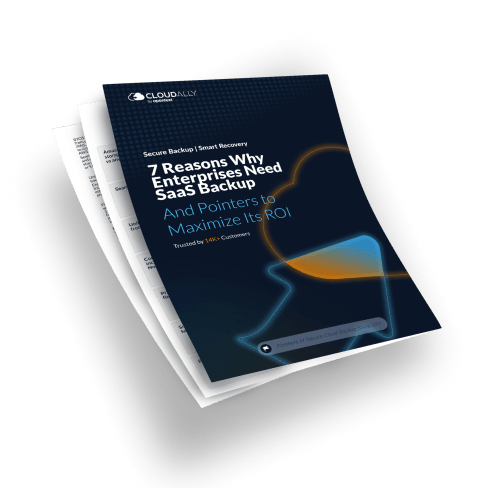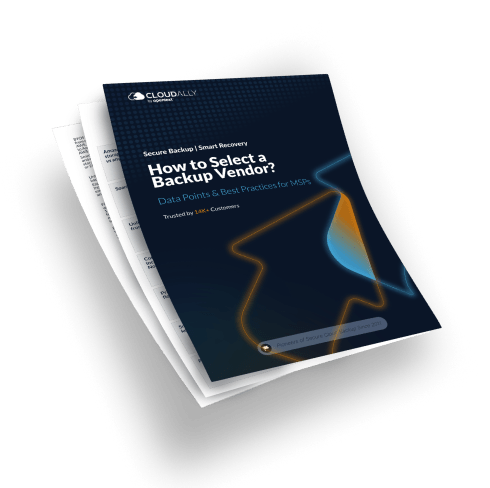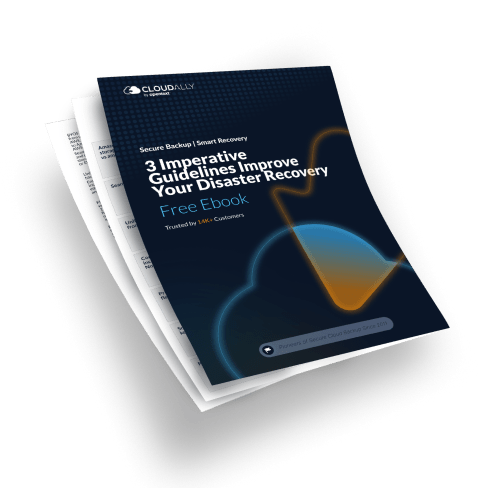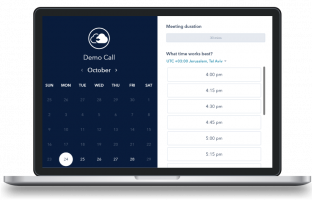The Salesforce Technical Architect (CTA) is one of the most coveted roles in the Salesforce ecosystem. As the highest certification in the Salesforce domain, achieving this status is a testament to your expertise, experience, and ability to design and implement scalable, robust, and secure Salesforce solutions. In this guide, we’ll cover the essentials of becoming a Salesforce Technical Architect, including training pathways, certification costs, and valuable free resources to help you succeed.
What is a Salesforce Technical Architect?
A Salesforce Technical Architect is responsible for designing end-to-end solutions on the Salesforce platform. The role requires:
- Deep technical knowledge: Expertise in Salesforce’s core capabilities and their integration with external systems.
- Strategic planning: The ability to assess and design scalable and secure architectures.
- Problem-solving skills: Addressing complex client requirements with innovative solutions.
The role is not just about technical skills; it also demands excellent communication and leadership skills to manage stakeholders, mentor teams, and ensure smooth project delivery. To understand more about the Salesforce Architect role, and options available, read our blog Navigating the Salesforce Architect Certification Path
The Journey to Becoming a Salesforce Technical Architect
The path to becoming a CTA requires dedication, hands-on experience, and systematic learning. Here’s how to navigate the journey:
1. Start with Foundational Certifications
Before tackling advanced topics, build a strong foundation with these certifications:
- Salesforce Certified Administrator: Focuses on managing users, data, and security configurations.
- Salesforce Certified Platform App Builder: Validates your ability to design, build, and deploy applications on the Salesforce platform.
These certifications provide the basic knowledge necessary to advance to architect-level credentials.
2. Progress to Architect-Level Certifications
The Architect Journey comprises two primary certifications:
- Application Architect: Covers Salesforce’s core features, including security, data modeling, and performance optimization.
- System Architect: Focuses on external integrations, governance, and designing robust solutions.
These certifications pave the way for the CTA credential and serve as stepping stones to developing domain-specific expertise.
3. Achieve the Salesforce Certified Technical Architect Credential
The CTA Certification is the pinnacle of Salesforce certifications and includes:
- The Architect Review Board Evaluation: A rigorous test of your ability to design and present a Salesforce solution to meet complex business requirements.
- The Review Board Exam: An intensive evaluation by Salesforce experts assessing your technical and presentation skills.
Preparation for the CTA requires an in-depth understanding of Salesforce best practices, extensive hands-on experience, and a mastery of architectural design principles.
Salesforce Technical Architect Certification Costs
The financial investment for pursuing the Salesforce Certified Technical Architect credential includes:
- Architect Review Board Fee: $6,000 USD (for the exam and evaluation).
- Retake Costs: Approximately 50% of the original fees if you need to retake the evaluation.
Additional costs may include preparatory courses, study resources, and workshops.
Free Online Resources to Prepare for the CTA
Achieving the Salesforce Technical Architect certification doesn’t have to break the bank. There are numerous free resources available online to guide your preparation. Here are some of the best:
1. Salesforce Trailhead
Trailhead is Salesforce’s official learning platform, offering a curated learning path for aspiring Technical Architects. Their Architect Trailmix is specifically designed to help candidates build the skills necessary to pass the CTA exam.
2. CloudAlly Academy
At CloudAlly Academy, we offer a variety of free courses on data protection, backup strategies, and disaster recovery. These topics are essential for Salesforce architects to ensure robust data security and compliance in their solutions. Explore our free Salesforce data protection course by 9x MVP and Hall of Fame inductee Francis Pindar where he explains the why, what, and how of Salesforce data protection with best practices and hands-on training.
3. Community Resources
Engage with the vibrant Salesforce community through forums, webinars, and study groups. Collaborating with others preparing for the CTA can provide fresh insights, motivation, and guidance.
Key Considerations for Aspiring Salesforce Technical Architects
- Time Commitment: Achieving the CTA certification is a marathon, not a sprint. It often takes candidates several years of focused effort and hands-on experience to qualify.
- Real-World Practice: Working on diverse Salesforce implementations is crucial. Seek opportunities to solve complex business challenges and work across various Salesforce domains.
- Continuous Learning: The Salesforce ecosystem is constantly evolving. Staying updated with new features, updates, and best practices is essential to maintain relevance as a Technical Architect.
Why Data Protection is a Critical Skill for Salesforce Architects
As Salesforce becomes the backbone of many organizations, ensuring the integrity and availability of Salesforce data is paramount. A Salesforce Technical Architect must consider data protection as a core component of their architectural designs.
Key reasons why data protection matters:
- Regulatory Compliance: Many industries have stringent data retention and protection requirements.
- Disaster Recovery: A comprehensive backup and recovery plan is essential for mitigating data loss risks.
- Business Continuity: Ensuring uninterrupted access to critical data and processes during unexpected disruptions.
Conclusion
Becoming a Salesforce Technical Architect is a demanding yet rewarding career goal. With the right mix of certifications, hands-on experience, and resources like those offered by CloudAlly Academy, you can navigate the challenging journey to earning your CTA credential.
Remember, the journey to CTA is not just about passing exams but mastering the art and science of creating scalable, secure, and high-performing Salesforce solutions. Leverage free resources, stay committed to continuous learning, and build expertise with real-world projects. With perseverance and the right guidance, you’ll join the elite ranks of Salesforce Technical Architects.












